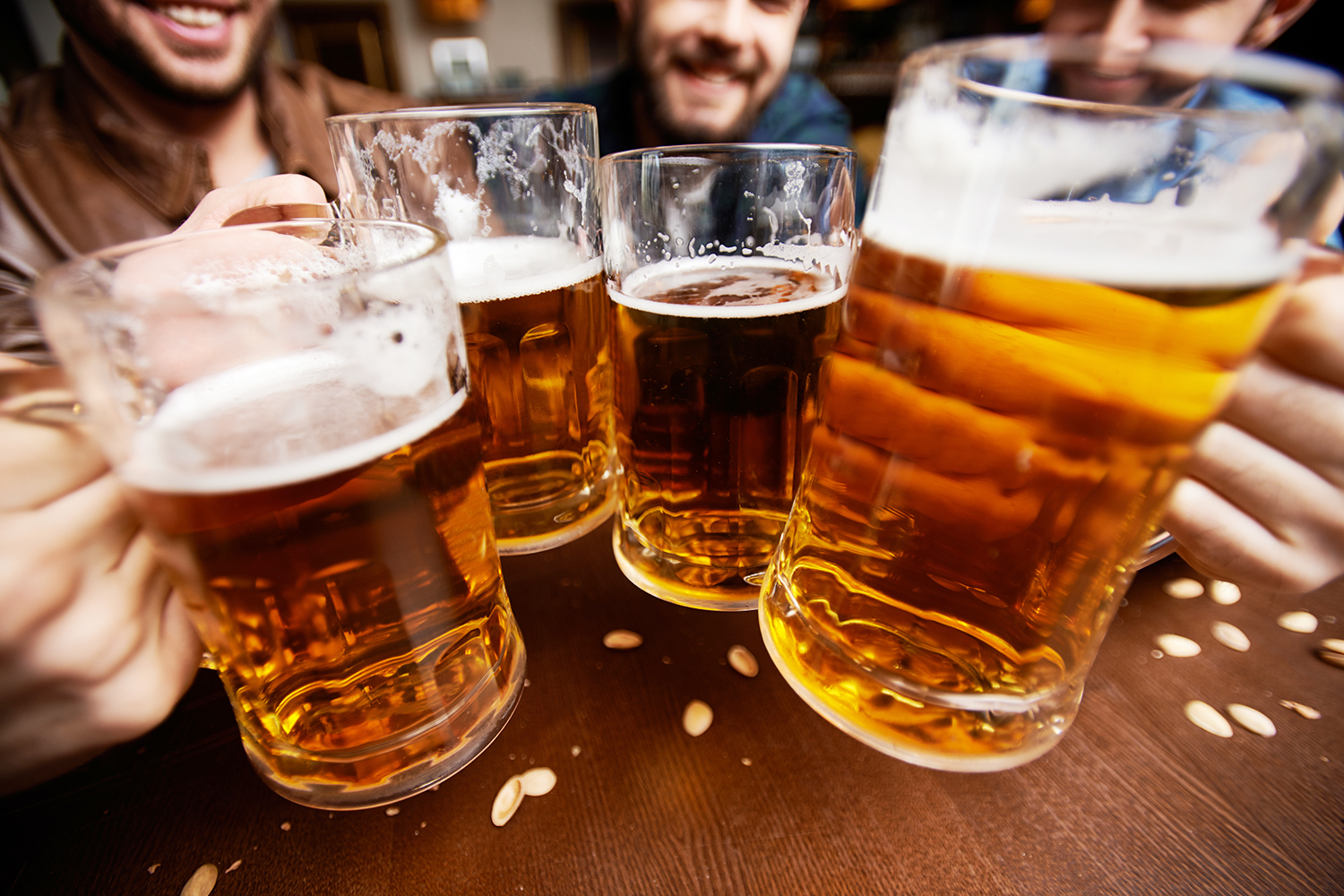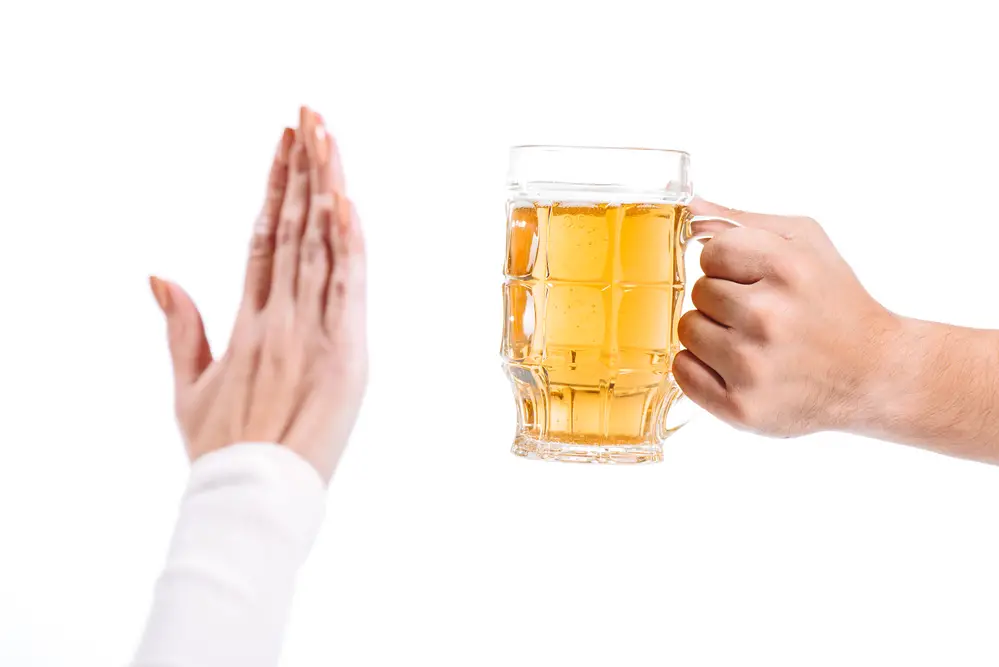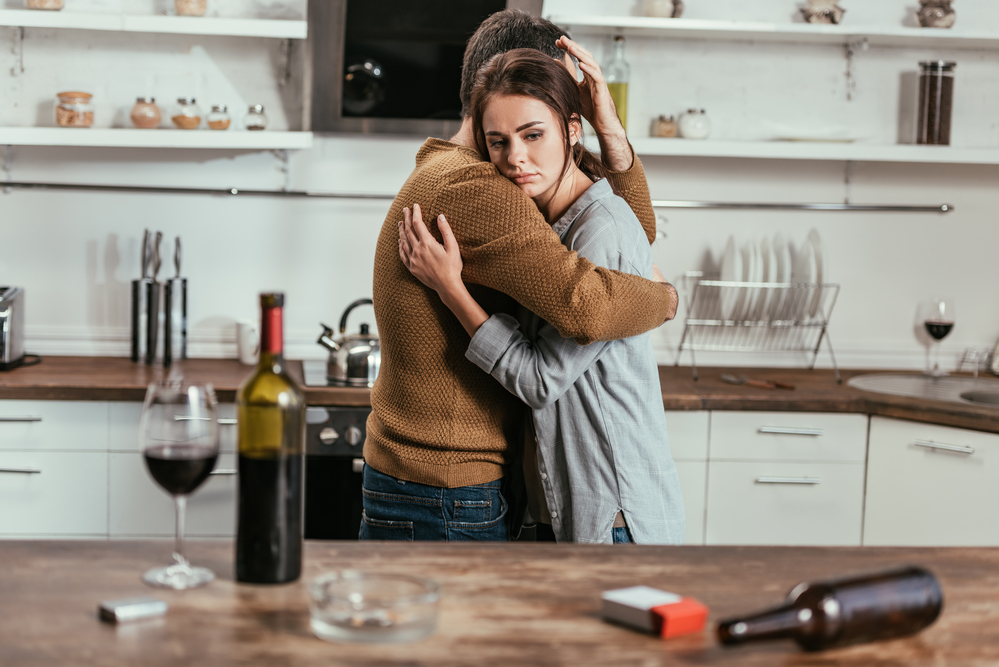Drugs and alcohol are the main things publicized as having a high likelihood of addictiveness. You know alcohol can be addictive, but you think more of vodka or tequila; you think hard liquor is the only thing you can get addicted to, and it does not get spoken about as much as drug addiction.
However, it is possible to get addicted to beer, and the damage beer does to you is comparable to what hard liquor does. On average, nearly 140,000 people die annually from too much alcohol. It is one of the leading causes of death. Understanding this is important, especially as you hit the legal drinking age because the phrase “In moderation” becomes more evident.
Below we will discuss beer and its addictive qualities.
Table of Contents
ToggleWhy are beers addictive?

Although it has one of the lowest alcohol content of any drink, beer is an alcoholic drink, so getting addicted to beer is just like getting addicted to vodka. Beer stimulates the dopamine and endorphins of the brain.
These are the brain’s pleasure receptors, and once your brain recognizes that drinking beer brings your pleasure, it will seek to replicate that action to acquire the same satisfaction. The brain will want to make you feel good regardless of the deeper health problems it will cause. It will be as if you are no longer in control.
Some people may try to stop drinking beer, whether because they no longer want to or see a dependence developing, but the brain will not allow it. Alcohol has already begun to affect the brain’s impulse control and decision-making ability. You would need to be in complete control of these two bodily senses if you ever wished to stop drinking beer.
What does beer do to you mentally?
Again when you look at beer, you need to look at it from the perspective that it is an alcoholic drink. Beer acts as a depressant, so it affects the brain’s neurotransmitters, which are the transmitters responsible for feelings, thoughts, and behaviors.
If excessive beer drinking were to last for a long time, it would diminish the number of neurotransmitters in the brain. Without these transmitters, you become more susceptible to feelings of depression or anxiety which could then lead you to consume more beer to avoid these feelings.
Casual beer consumption will cause you to feel more relaxed and confident. However, these feelings are temporary. Negative emotions like sadness, anxiety, or anger will soon replace them.
Beer also affects your decision-making abilities by slowing how your brain processes information. This reduction is why you see people getting into car accidents or fights they would otherwise have avoided.
The ability to differentiate good from bad is no longer there, and you can no longer determine the consequences of a possible decision you are about to make. You now act more on impulse than you do on rational thought.
How do you stop a beer addiction?

Addiction is a severe condition. Some people can stop their consumption of beer cold turkey, while others may require more extreme remedies. Here is a list of some things you can try to stop a beer addiction from an extreme and soft perspective.
- Rehab – If you do not trust or have proven incapable of avoiding beer, you may be required to go to a designated rehab center. There they will help you acquire the necessary tips and better understand how the addiction manifested in the first place so you can avoid it in the future.
- Develop a new habit – To be addicted to beer is to make drinking beer a habit. You should pick up another one to get rid of a bad habit. This habit should provide the same relief that beer gives you without the internal and external harm beer gives. Things like learning a new skill, practicing a sport, writing, etc., may provide satisfaction and distract your mind from consuming beer.
- Change your environment – Addiction usually has a root cause. Some people can drink beer every day without developing an addiction. For you, something deeper could have drawn you to be addicted to beer. Try to change your environment and relieve yourself of your everyday stress. Whether that is leaving a toxic relationship or workplace or just avoiding a specific group of people you frequently hang around. These all could be triggers that gravitate you toward beer, so avoiding them could prevent your draw to beer.
Kicking a habit is often difficult and requires a new approach to changing it. If you are too deep into addiction, then the first option of rehab may be your only choice. But if you seek to prevent something you see as becoming a problem, the other two options are your best option, or simply slow your beer intake.
An addiction is excessive, compulsive drinking, but merely drinking one beer does not make you addicted. If you see the drinking growing excessively, aside from these tips, the best advice would be to make a conscious approach to limit how much you drink in a given day.
How many beers is a day, OK?
How many drinks in one day for someone on a case-by-case basis? But according to a report conducted by the U.S. Department of Agriculture, and the U.S. Department of Health and Human Services, the preferred rate of beer consumption should be two beers or less for men in one day and one beer or less for women.

I am a passionate beer connoisseur with a deep appreciation for the art and science of brewing. With years of experience tasting and evaluating various beers, I love to share my opinions and insights with others and I am always eager to engage in lively discussions about my favorite beverage.
















